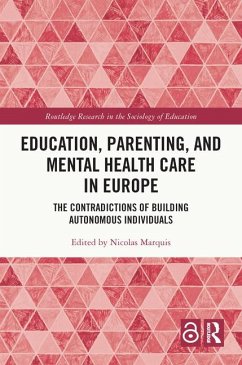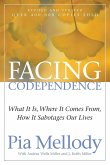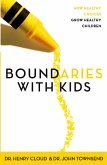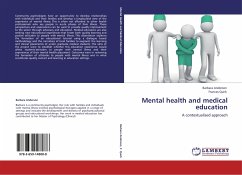This edited collection investigates, from a sociological perspective, what it means to create an autonomous individual through a novel exploration of three central fields of sociology: education, mental health care, and parenting.
By linking these three aspects through their contribution to the building of an autonomous child, the volume analyses the intersecting roles of parent, teacher, and caregiver as well as the transformations in identities of child, pupil, and patient to understand the construction and repair of autonomy. Using a comparison of various case studies across Scandinavian, English-speaking, and French-speaking countries, chapters explore why personal autonomy is so important in many societies and demonstrate the conceptual and practical challenges the idea brings. Ultimately, the book provides an innovative contribution to the fields of educational sociology and the philosophy of education, as well as parenting studies and the sociology of mental health by making the case for taking autonomy, and its paradoxes, seriously.
This cross-disciplinary volume will be of interest to scholars, researchers, and postgraduate students working in sociology and the philosophy of education, parenting, mental health, and child development more broadly. Those with a focus on the study of individualistic societies will also find the volume of use.
The Open Access version of this book, available at www.taylorfrancis.com, has been made available under a Creative Commons Attribution (CC-BY) 4.0 license.
By linking these three aspects through their contribution to the building of an autonomous child, the volume analyses the intersecting roles of parent, teacher, and caregiver as well as the transformations in identities of child, pupil, and patient to understand the construction and repair of autonomy. Using a comparison of various case studies across Scandinavian, English-speaking, and French-speaking countries, chapters explore why personal autonomy is so important in many societies and demonstrate the conceptual and practical challenges the idea brings. Ultimately, the book provides an innovative contribution to the fields of educational sociology and the philosophy of education, as well as parenting studies and the sociology of mental health by making the case for taking autonomy, and its paradoxes, seriously.
This cross-disciplinary volume will be of interest to scholars, researchers, and postgraduate students working in sociology and the philosophy of education, parenting, mental health, and child development more broadly. Those with a focus on the study of individualistic societies will also find the volume of use.
The Open Access version of this book, available at www.taylorfrancis.com, has been made available under a Creative Commons Attribution (CC-BY) 4.0 license.








